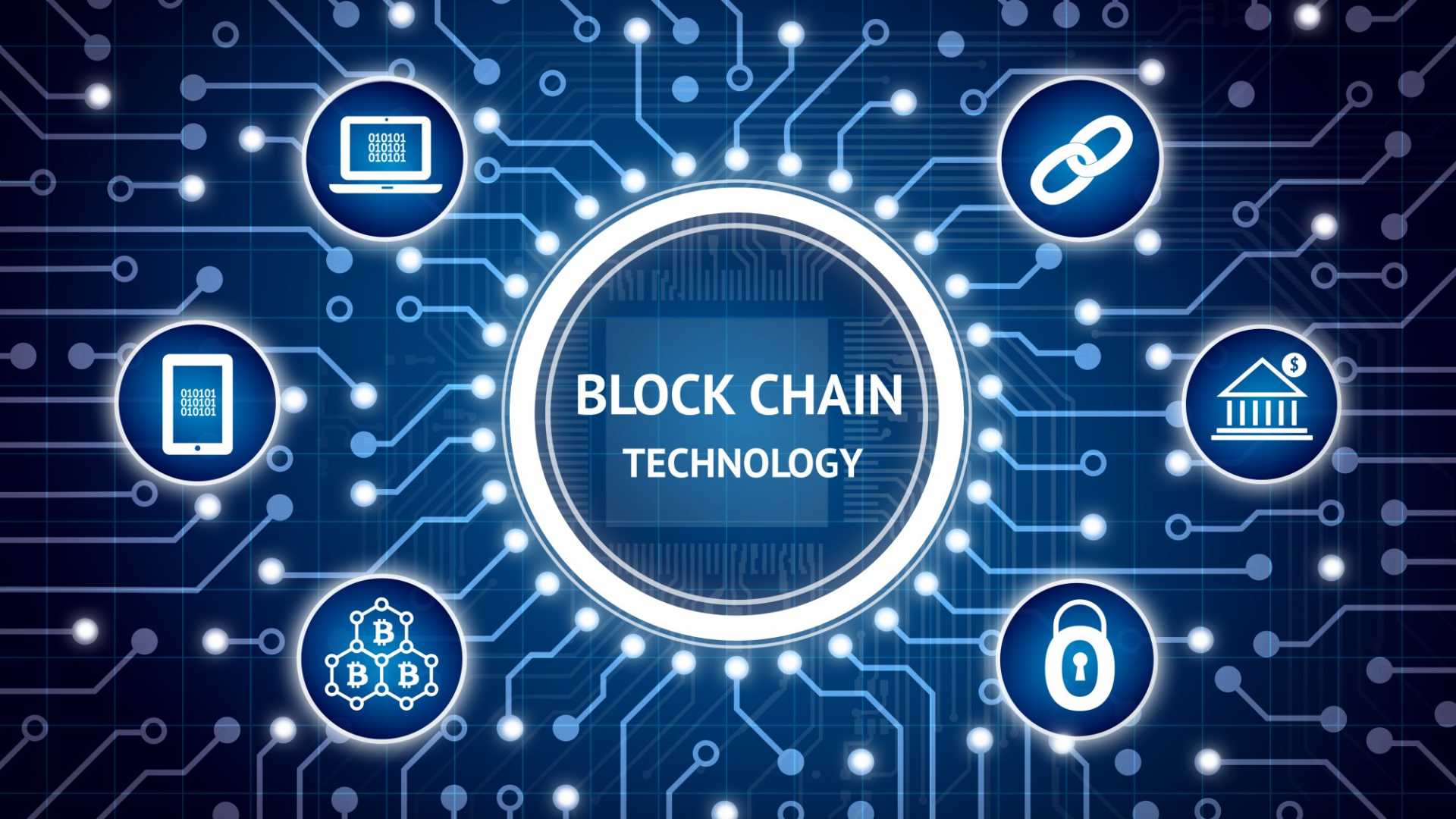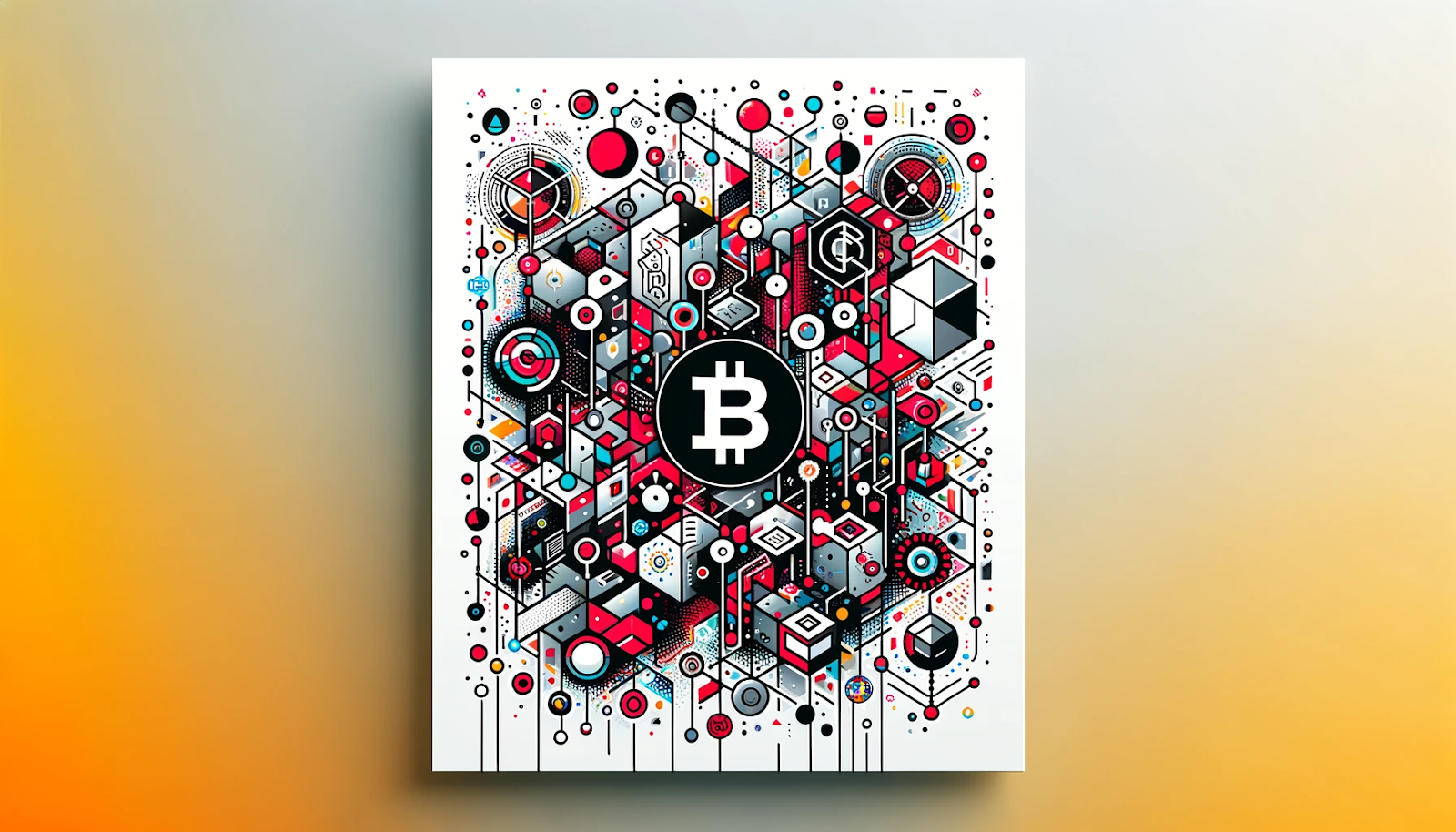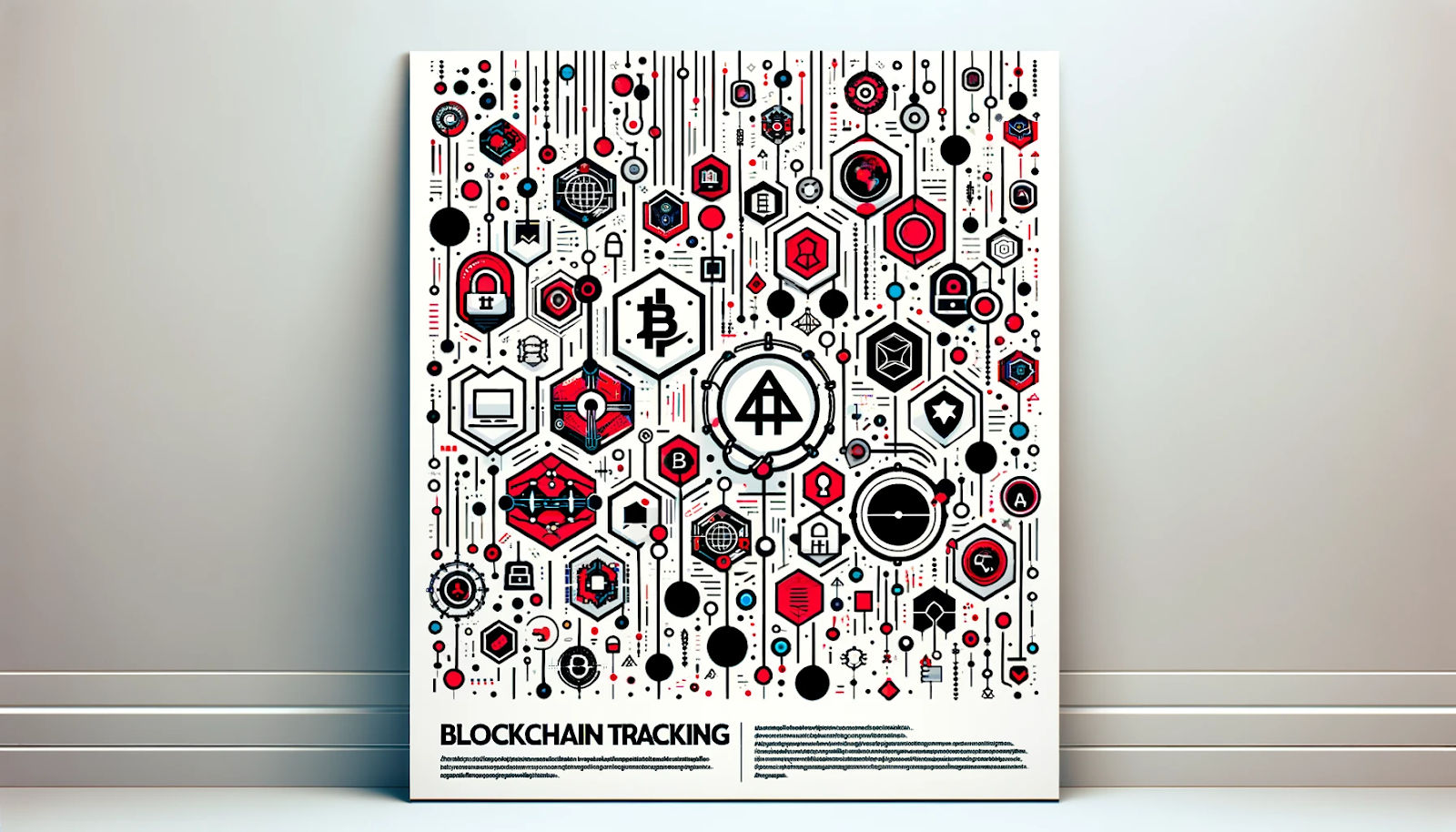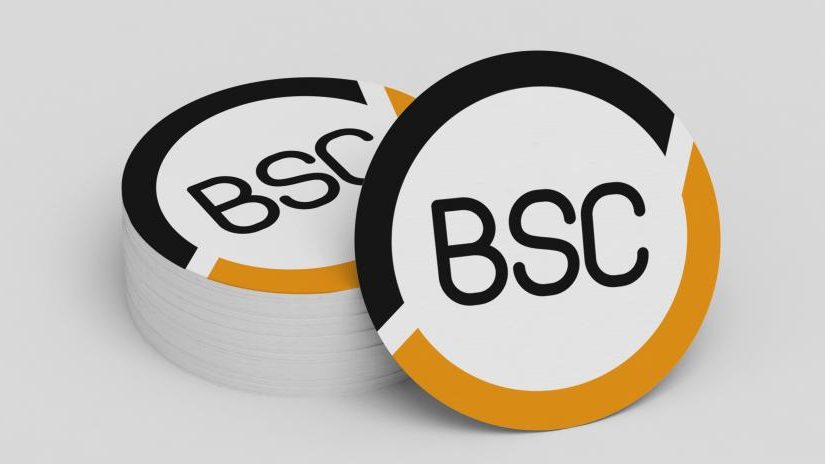Business areas where blockchain technology has already been integrated

Even though blockchain is so hyped these days, it is still a nascent technology. This, in turn, means that no one has yet been able to find the best recipe for success. Unstructured experiments with distributed ledger technology without a strategic assessment mean that many companies in most cases will not see a return on their investments.
But what about those business areas that have already integrated blockchain technology?
Currently, the fintech area has become the most adaptable one for blockchain technology. Blockchain-based cross-border money transfers take if not only seconds but minutes, while through the international payment system SWIFT, especially in the absence of correspondent relations between the financial institutions of the sender and the recipient, the transactions can take up to several days.
A consortium of European banks, led by the Swiss UBS, has even launched a unite blockchain platform that requires banks to disclose more data and conduct more thorough checks of customers and counterparties.
Another good solution for integration blockchain is when a customer wants to get the safest and transparent tool for supply chain tracking. Such sort of chains is basically a series of transactional nodes that are linked to move products from point «A» to a point of sale.
Thanks to the blockchain, when products move from one chain to another, transactions can be registered instantly as a decentralized record, which reduces time delays and additional costs.
For example, the well-known Chinese blockchain developer VeChain recently entered into a partnership with an American multinational retail corporation Walmart in order to develop a joint blockchain-based platform for the food supply tracking. The system has already tested over 20 product lines including fresh meat products, rice, oil, etc. In this case, blockchain is of strategic importance for the business, as it allows to reduce costs without disintermediation and create new sub-business models in the long term perspective.
Another area for blockchain integration is accounting for real estate transactions. According to the same scheme as in logistics, documents are uploaded onto the blockchain, transactions are reflected there and accepted by all interested parties, including the registration authority.
Registration of real estate transactions in the blockchain will make sense such a procedure as obtaining an extract from the registry since everything that happened with the property can be seen on the blockchain.
Multinational accounting service PricewaterhouseCoopers claims the first possible directions of using blockchain technology were outlined only at the theoretical level, while practical and ready-for-mass implementation solutions are still to be discovered.
And yet, blockchain has excellent prospects for application, at least in those areas where a significant amount of data is used, where there is a certain need to maintain registers, where data is exchanged between many participants.



